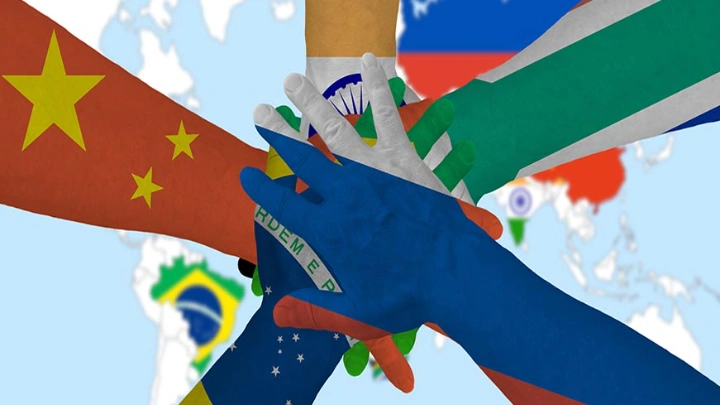From 22 to 24 October, Russia hosted the 16th annual BRICS Summit in Kazan under the theme “Strengthening Multilateralism for Just Global Development and Security.” Attended by 36 country leaders along with the UN Secretary-General, António Guterres, the event’s success underscored a growing interest in multilateralism led by Global South. This success is also evident in the increasing number of developing countries from Africa queuing up to join the group.
So far, South Africa has been the only African member of BRICS. However, following the latest expansion in 2023, Egypt and Ethiopia have participated as members for the first time in the recent BRICS summit. During the summit, the BRICS alliance officially announced the addition of 13 new nations as partner countries, including three African nations: Algeria, Nigeria, and Uganda.
The BRICS alliance officially announced the addition of 13 new nations as partner countries, including three African nations: Algeria, Nigeria, and Uganda.
The continent’s increasing interest in joining BRICS underscores the emergence of new global powers and multipolar world order, creating significant opportunities for African nations to lessen their traditional reliance on Western powers while forging stronger alliances with emerging economies. This shift also allows African countries to redefine their global engagement. As the 2024 BRICS summit concludes, this article examines the motivations that African states have to join the organisation.




